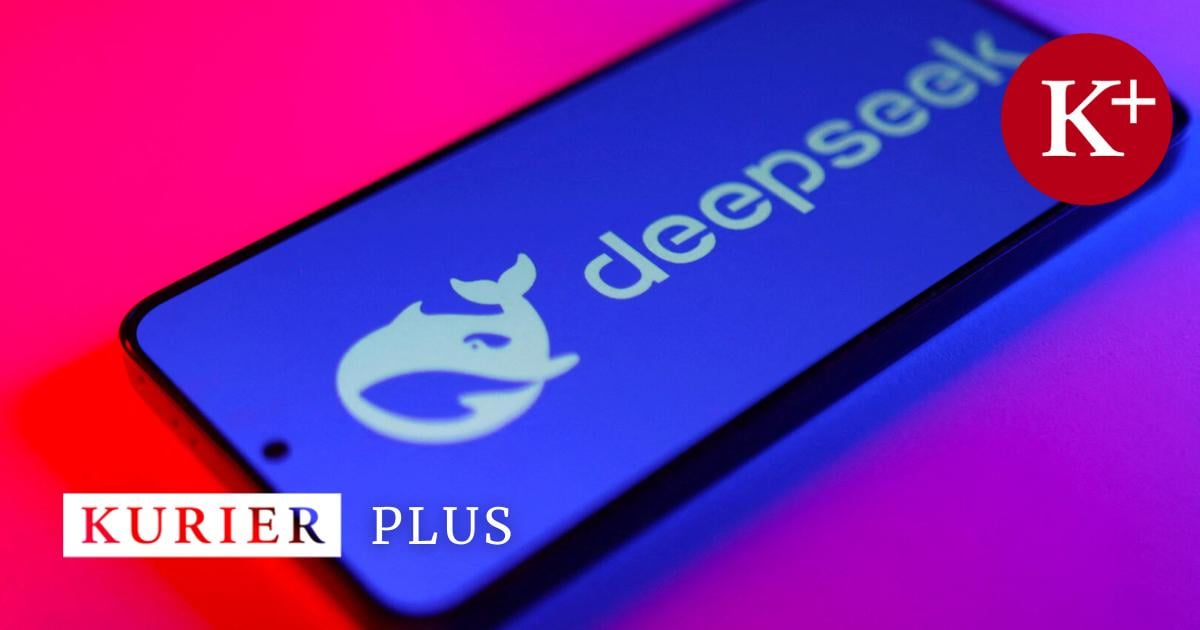South Korea banned Deepseek on Monday. From the point of view of Commission for the protection of personal data (PIPC) If the software is too opaque with the data of its users, the influence of state Chinese censorship on the answers of the AI is too obvious.
The secret service NIS This included examples from his investigation. Deepseek provided completely different answers – depending on whether the officers asked their questions in Korean or Chinese.
In Kimchi’s origin in Korean, the program said, for example, that this was “a typical Korean dish”. In Chinese, on the other hand, it claimed: “Its origin lies in China, but it is still very popular in Korea today”. A severe affront against the South Korean soul. But there were other examples with greater political relevance.
Deepseek supports China’s claim to the Korean peninsula
The officials asked about the “Northeast project”a highly controversial research project of Chinese historians, through which the Communist Party in 2004 had explained the Korean Peninsula in part in part of the historical Chinese state and thus indirectly claimed it. China’s relationships with North and South Korea still suffer from this.
In Korean, Deepseek replied that there were “different perspectives” of neighboring countries on the common history. In Chinese, however, the project praised it as a “legitimate initiative to revitalize the northeastern region of China in accordance with its national interests”.
According to the reasoning of the NIS, Deepseek offers the Chinese state the opportunity to expose South Korean users to its propaganda without restriction. Western AI models like ChatGPT (OpenAi) Oder Gemini (Google), on the other hand, provide your answers regardless of the language of the user.
Deepseek even records keyboard input
The officials also provided details with a view to the data protection concerns: Deepseek records the keyboard inputs of its users and, based on this, create a profile for recognition – it is not unlikely that these profiles will also be made available to the Chinese surveillance system; Especially since the company does not provide any information about how long it stores the user data.
Only when Deepseek adapts its data protection guidelines to South Korean legislation can it be admitted again, according to the PIPC. Italy had also been banned for similar reasons, and in Germany there is currently an examination of the app. In Australia and Taiwan, officials are no longer allowed to use the app.
